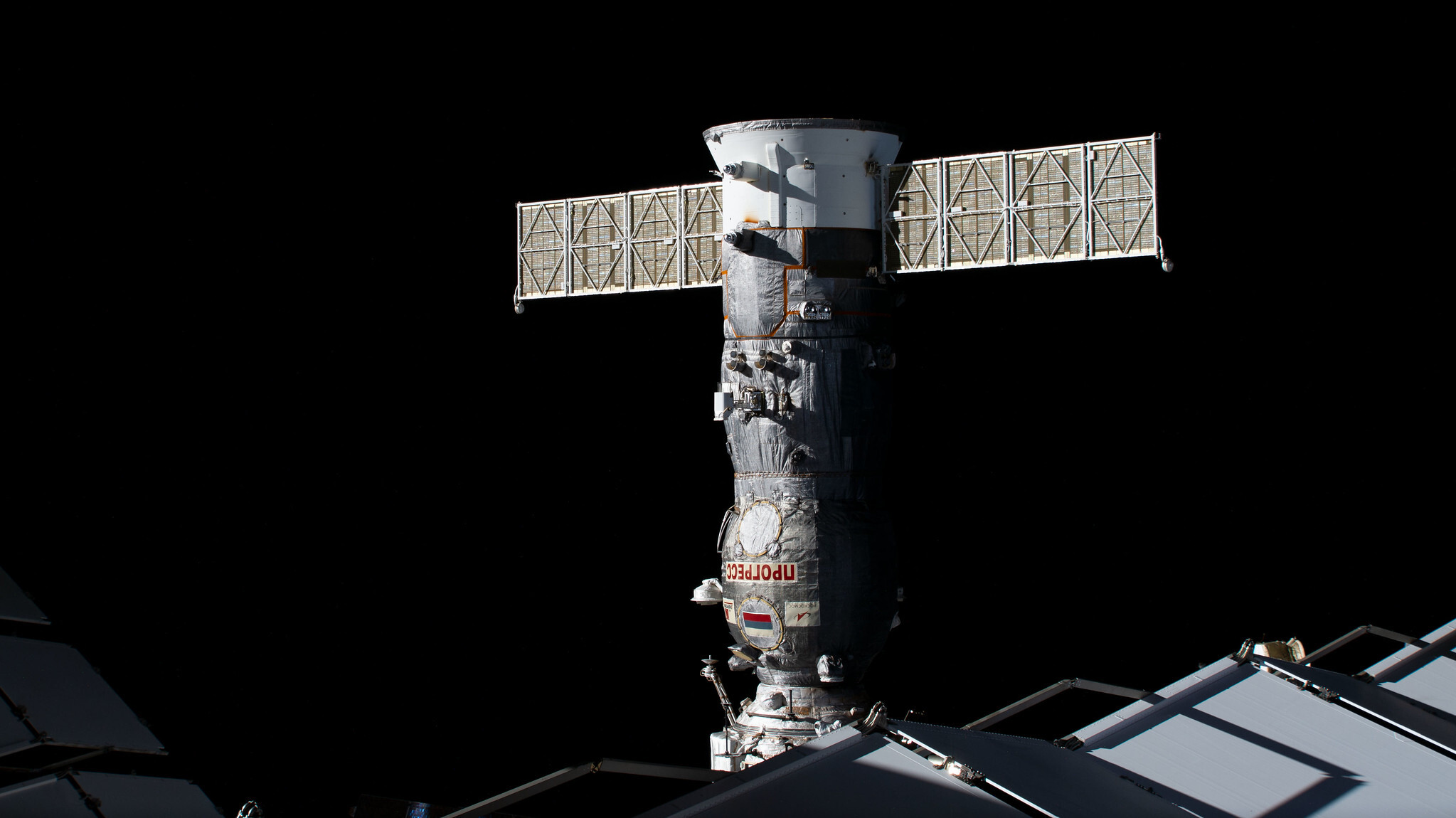30.11.2023

NASA will provide live launch and docking coverage of the Roscosmos Progress 86 cargo spacecraft carrying about three tons of food, fuel, and supplies for the Expedition 70 crew aboard the International Space Station.
The unpiloted spacecraft is scheduled to launch at 4:25 a.m. EST on Friday, Dec. 1 (2:25 p.m. Baikonur time), on a Soyuz rocket from the Baikonur Cosmodrome in Kazakhstan.
NASA coverage will begin at 4 a.m. on the NASA+ streaming service via the web or the NASA app. Coverage also will air live on NASA Television, YouTube, and on the agency’s website. Learn how to stream NASA TV through a variety of platforms including social media.
The Progress spacecraft will be placed into a two-day, 34-orbit journey to the station, leading to an automatic docking to the Poisk module at 6:14 a.m. Sunday, Dec. 3. Coverage of rendezvous and docking will begin at 5:30 a.m. on NASA Television and the agency’s website.
The spacecraft will remain at the orbiting laboratory for approximately six months, then undock for a destructive but safe re-entry into Earth’s atmosphere to dispose of trash loaded by the crew.
The International Space Station is a convergence of science, technology, and human innovation that enables research not possible on Earth. For more than 23 years, NASA has supported a continuous U.S. human presence aboard the orbiting laboratory, through which humans have learned to live and work in space for extended periods of time. The space station is a springboard for the development of commercial destinations in space and a low Earth orbit economy, as well as NASA’s next great leaps in exploration, including Artemis missions to the Moon and eventually Mars.
Get breaking news, images, and features from the space station on Instagram, Facebook, and X.
Quelle: NASA
